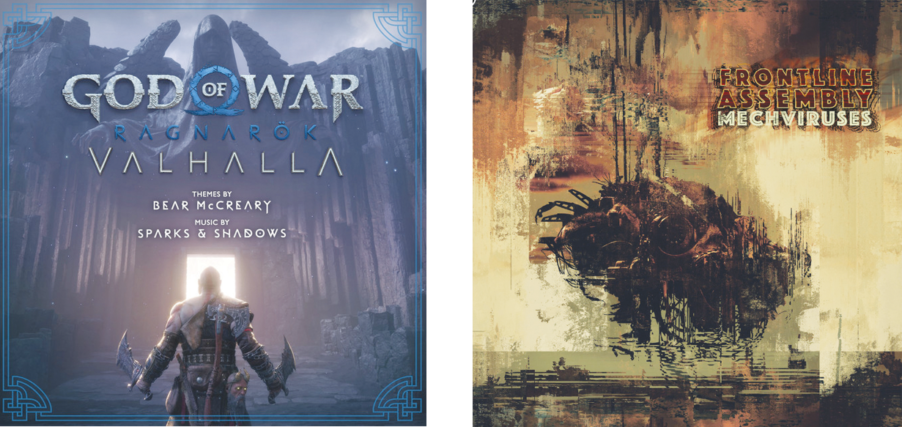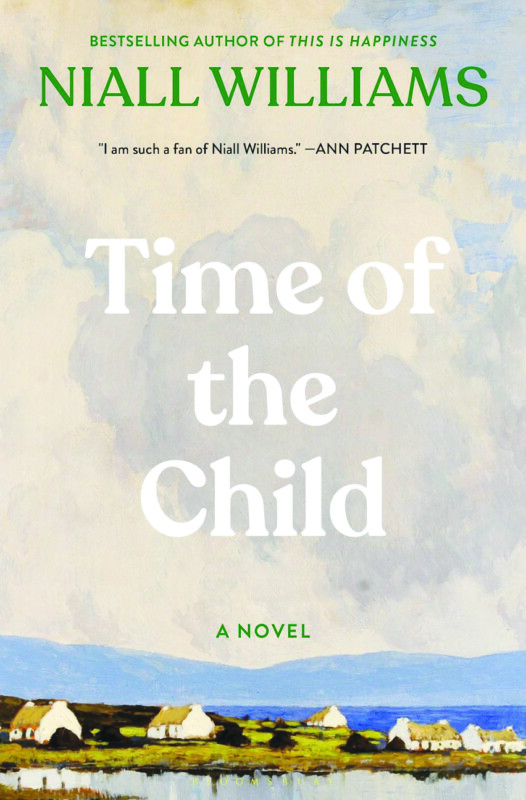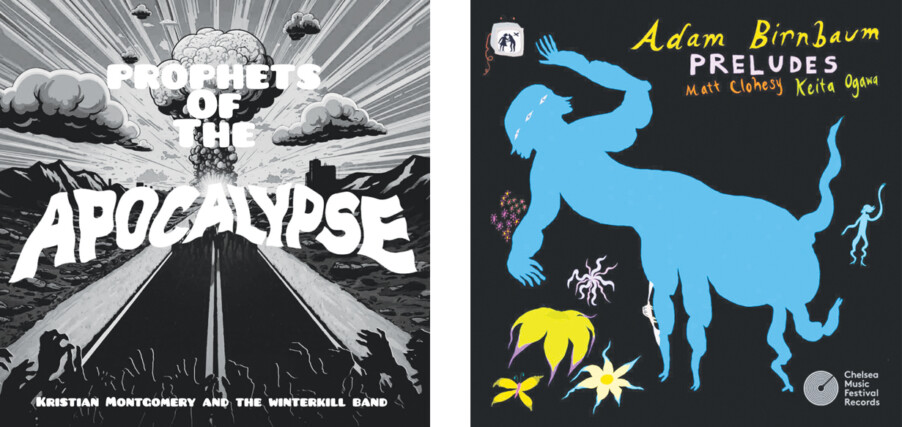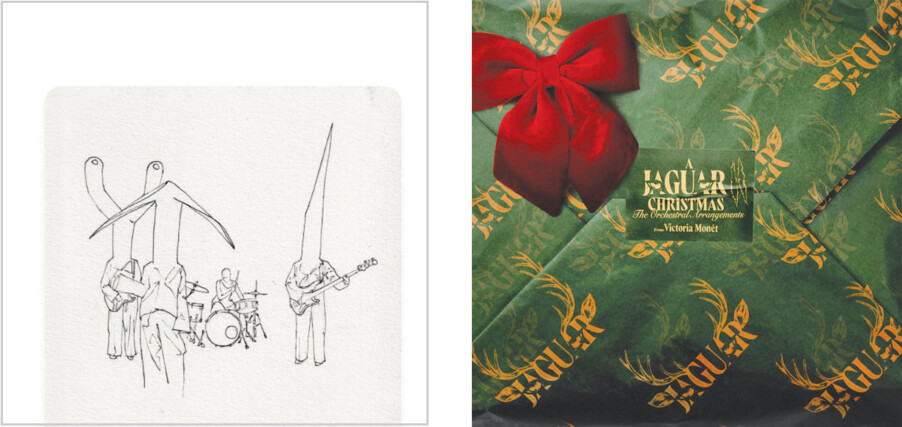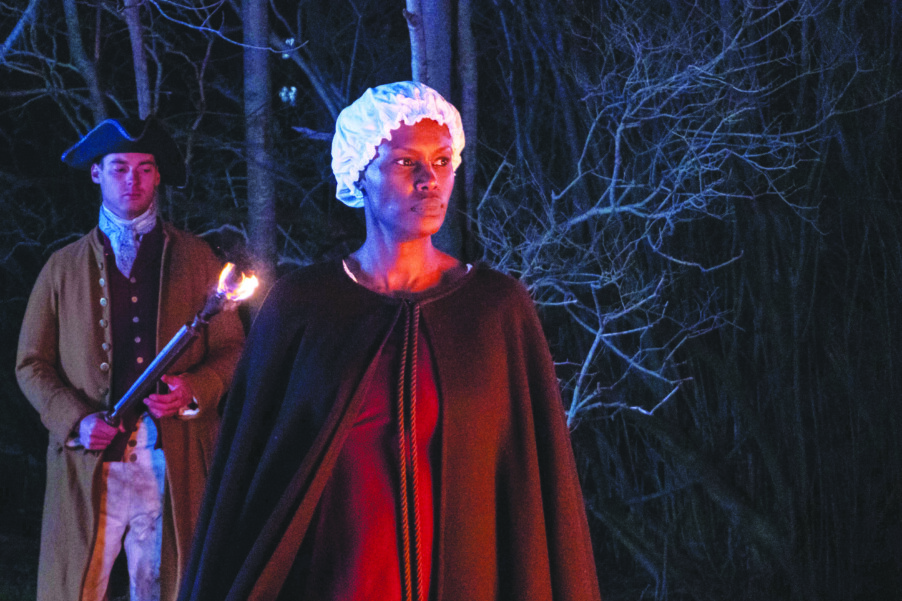Bear McCreary/Sparks & Shadows, God of War Ragnarök: Valhalla (video game soundtrack) (Sony Records)
One thing that’s been hard for non-young people to even wrap our heads around is the endless seriousness with which millennials and Zoomers take video games and their associated peripheral entertainment products. I mean, I (way) overdid it with Descent and Doom and all those games back in the day, but there’s no way I ever would have gone to a Covid-soaked arena to see a concert where the headliner was a DJ spinning tunes from a video game. But it’s a different world now, folks; the kids literally do that, which strikes me as absolutely dystopian, but it is what it is. In this case, we have Bear McCrearey joining forces with a couple of other soundtrackers to jack the bombast straight to Mars for this action-adventure fantasy game’s tuneage, and it’s what you’d expect, lots of Thor-themed choruses, loud epicness, etc. Mind you, this came out last year, but my email is getting pestered about the fact that this LP, “the last musical chapter for Kratos in the Norse saga,” is up for a Grammy in the category of Best Soundtrack for Video Games and Other Interactive Media. Do with this nonsensical information what you will; all it does for me is remind me that Richard Wagner was a pretty nifty composer, and that Bear McCreary ripped off Bon Jovi’s “Wanted Dead Or Alive” when he wrote the main theme to Black Sails. B —Eric W. Saeger
Front Line Assembly, Mechviruses (self-released)
Yep, I’m still an overgrown goth kid, so I do keep track of spooky-ghoulie soundsystems like this Canadian outfit, the brainchild of former Skinny Puppy crony Bill Leeb and his on-again off-again sidekick Rhys Fulber, who is definitely the weirdest guy I’ve ever interviewed, not to detract from his genius. Gothies should know what to expect from this LP for the most part, a lot of Rammstein-lite krautrock-based stomping and some soaring trance-metal. Toward the latter, they still haven’t topped “The Storm” as their best tune (it’s a gasser, folks), but they made a real effort this time, collaborating with such up-and-comers as Encephalon, s:cage, Seeming and a bunch of others to freshen the recipe, and the results are pretty freaking awesome, reminiscent of Gary Numan. The title track chugs along as politely-urgently as anything you’ve heard from them before, but — and I don’t know if Ultra Sunn’s feature has anything to do with this — there are ’80s-pop synth layers that make it really interesting. Oh, and then “Bootblacks” kicks in with some Cure-ish shoegaze guitars. This is exactly what I would have done if I ran this band; these guys are still the kings of this space, no question. A+ —Eric W. Saeger
PLAYLIST
A seriously abridged compendium of recent and future CD releases
• At this writing, Genius.com tells me there are only two new music albums scheduled for traditional Friday release this week, on Dec. 27, two days after the big pagan holiday, whatever it’s called. No, I’m kidding, I know it’s called “Christmas,” but according to a popular meme that made the rounds this holiday season, Christians once actually tried to get rid of Christmas at one time, wouldn’t that have been a bummer? No, seriously, according to the Commonwealth of Massachusetts’ website, “In 1659, the Massachusetts Bay Colony enacted a law called Penalty for Keeping Christmas. The notion was that such ‘festivals as were superstitiously kept in other countries’ were a ‘great dishonor of God and offence of others.’ Anyone found celebrating Christmas by failing to work, ‘feasting, or any other way … shall pay for every such offence five shillings [This would be about $48 today].’” The Commonwealth eventually came to realize what a dumb idea that was, and by 1681 all the witch-burning pilgrims could watch the Grinch again, but even today some musical artists couldn’t care less if it was Christmas or National Possum Day or whatever, they insist on putting out albums. For example, there’s Jorge Rivera-Herrans, a mildly popular playwright, composer, lyricist and actor from Dorado, Puerto Rico. His new record, Epic: The Ithaca Saga, is a po-faced concept album that was released on Christmas; it includes a song called “God Games” that’s racked up more than six million views on YouTube. It comprises opera-based techno-driven nonsense that’s actually kind of brilliant in a technical sense, and a lot of people like it, so I suppose there’s a chance he’ll someday become some sort of male version of Enya for Greek mythology wonks. I mean, I fully expect never to hear anything from him again unless I’m at a sci-fi convention or somesuch, but weird things happen all the time.
• Also on Christmas, K-pop band 2NE1 released a 15-track album titled Welcome Back, which commemorates their ongoing (four years and counting) tour of the same name. Their bouncy, brainless Lady Gaga-style stuff borrows from all sorts of international styles and features a lot of sexytime butt-dancing and all the other stuff that’s been portending the collapse of Western civilization since 2005 or so.
• In normal album-release news, this Friday sees the release of the second album from Harshmxjb (real name Harsh Mishra), a musician from New Delhi, India. This feller is a typical underground culture-jammer, a 19-year-old who’s been exploiting the open-door policy of Spotify, Apple Music and all the other music sites, uploading hip-hop tunes like “Alone,” in which he sings off-key, like a brain-damaged Usher, over a melancholy, non-awful piano-driven beat (that song actually got some love on TikTok and YouTube).
• We’ll wrap up the week with an album that’s neither silly, performatively epic nor K-pop, a new one from singer Robbie Williams, whom you know from British boyband Take That, which was originally triangulated by conniving record company lizard-people as the U.K.’s answer to New Kids on the Block. That was a long time ago, of course; Williams has been a solo art-fraud since 1995, not that American audiences have paid much attention to him, but regardless, the new LP is Better Man (Original Motion Picture Soundtrack). Given that the movie is about Williams’ career, he was probably a good choice to soundtrack it; these things aren’t difficult to figure out.

